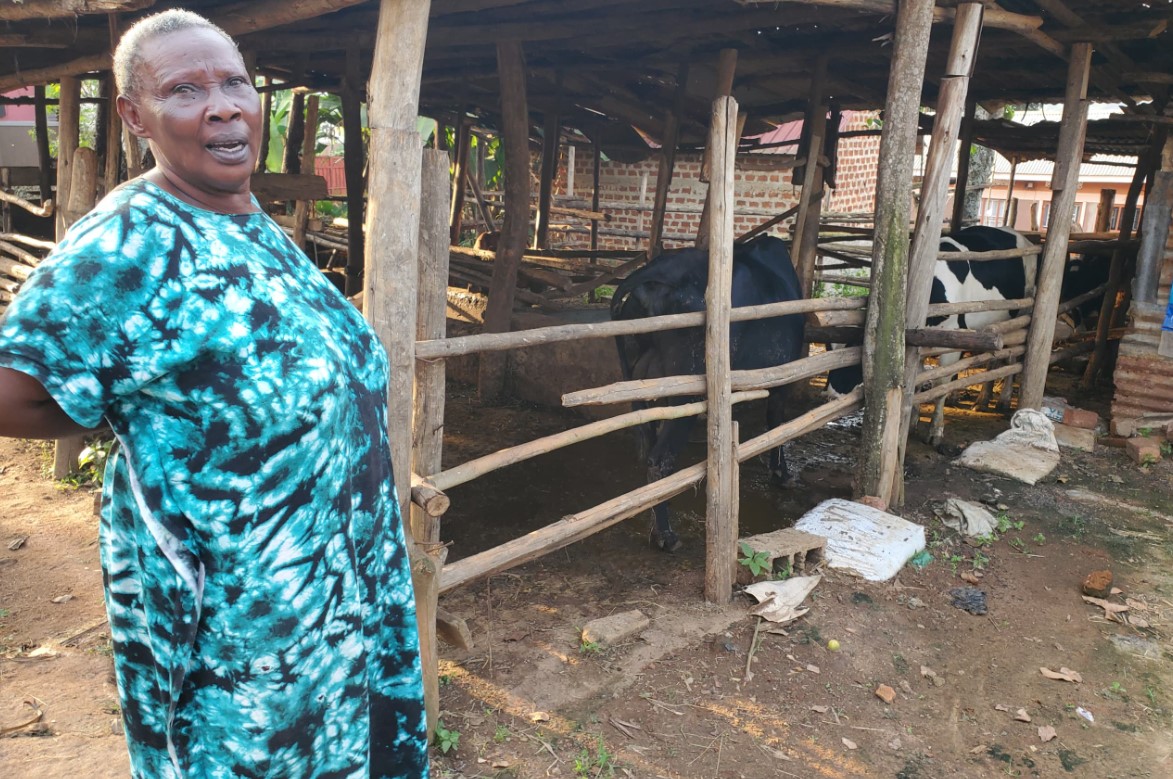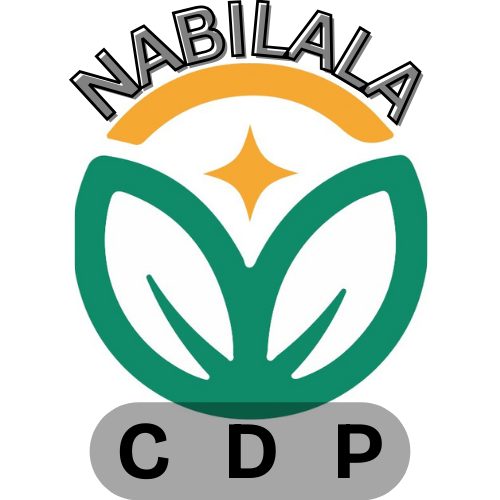Project Overview
The Kawete Heifer Project of 2024 was an agricultural initiative that significantly improved livelihoods and food security in the Kawete community through sustainable cattle rearing and heifer distribution. The project provided in-calf heifers (female cows that had not yet calved) to smallholder farmers and vulnerable households, which enhanced dairy production and promoted economic empowerment.

Background
Livestock farming has long been a vital source of income, nutrition, and employment in rural Uganda. However, access to quality breeding stock remained a major challenge for many farmers. The Kawete Heifer Project addressed this gap by supplying healthy, high-yield heifers to selected farmers. As a result, milk production increased, and livelihoods were strengthened within the community.
Project Objectives
- To distribute quality heifers to 12 smallholder farmers in Kawete by the end of 2024.
- To improve milk production and household nutrition.
- To build farmers’ capacity in modern cattle management, breeding, and dairy farming.
- To promote income generation through the sale of surplus milk and dairy products.
- To enhance community resilience through sustainable agricultural and livestock practices.
Target Beneficiaries
- Smallholder farmers with limited access to livestock.
- Vulnerable households, including women-headed families and youth.
- Farmer groups and local cooperative societies.
Key Activities
- Identified and selected 12 eligible beneficiary farmers.
- Procured quality heifers from reputable breeders.
- Conducted training sessions on animal husbandry, disease control, and dairy management.
- Established farmer support groups and linked beneficiaries to veterinary services.
- Carried out regular monitoring and evaluation of heifer health and farmer productivity.
Conclusion
The Kawete Heifer Project successfully empowered its beneficiaries. Many farmers began earning regular income from milk sales, enabling them to meet their basic needs such as food, school fees, and healthcare. Additionally, cow dung from the heifers was used as organic manure, leading to improved crop yields and food security. The project created a positive ripple effect in the Kawete community by enhancing both agricultural productivity and household well-being.
